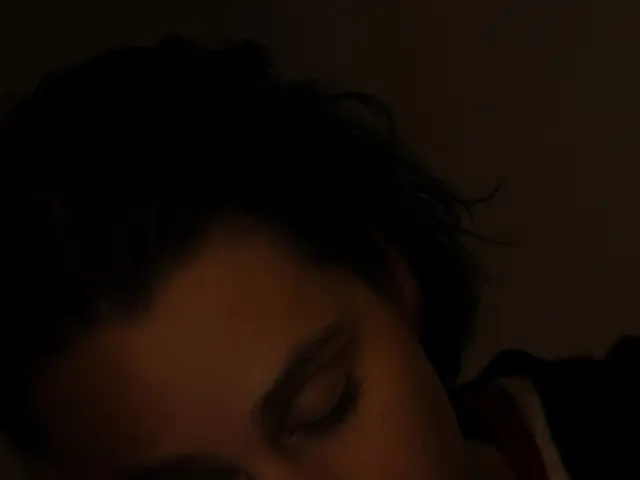Identifying Signs of Dementia in a Loved One: Steps to Take
When it comes to noticing memory issues or signs of dementia in a close family member, it's crucial to know how to handle the situation tactfully.
Memory loss can happen with age, but dementia is a more severe concern. Spotting these changes in someone you care about can be tough, especially if the individual hasn't noticed themselves.
Healthline suggests some key steps to take: talk with other family members about your concerns to see if they've noticed similar issues, plan a conversation carefully, have the discussion during a calm moment, and advise them to seek medical attention, offering to accompany them if necessary.
Moreover, there are additional steps to consider:
- Consult with other close family members or friends to discuss your observations and see if they've noticed similar symptoms. Keep a detailed record of the specific memory or behavioral changes.
- Plan a gentle, respectful way to bring up your concerns with your loved one, encouraging them to seek medical evaluation without confrontation or criticism.
- Take your loved one to their primary care doctor for a thorough assessment. Bring a supportive family member or friend, a list of observed changes, and a list of medications.
- Depending on the initial assessment, your loved one may be referred to specialists like neurologists, geriatricians, or psychiatrists for further evaluation. Additional tests might include blood work, imaging, cognitive assessments, and urine tests.
- Early diagnosis allows for therapies and treatments that can help preserve cognitive function and emotional well-being, and reduce accidents related to dementia. Explore professional care options such as occupational therapy, home care services, or specialized dementia care providers to support your loved one's needs.
- Be patient and understanding with your family member as symptoms progress. Use the early stages to plan for future caregiving needs, legal and financial arrangements, and make the living environment safer and more supportive.
In summary, after noticing dementia symptoms in a close family member, gather observations, communicate sensitively, arrange a comprehensive medical evaluation, pursue specialist referrals and testing as needed, and begin accessing early support and care resources to manage the condition effectively.
What symptoms of dementia, if noticed in a family member, should be discussed carefully with other family members to see if they've noticed similar issues too? In planning a conversation about the concerns, didn't Healthline suggest to keep a detailed record of the specific memory or behavioral changes? And before taking a loved one to their primary care doctor for a thorough assessment, it's important to encourage them to seek medical evaluation without confrontation or criticism, right? Moreover, seeking professional care options like occupational therapy, home care services, or specialized dementia care providers to support the needs of a loved one diagnosed with dementia early on can significantly aid in preserving their cognitive function and emotional well-being, as science points out.








